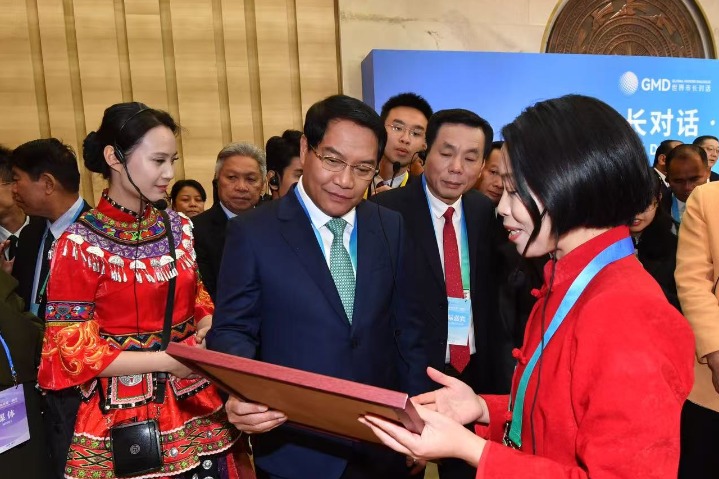A simple message from China on US for the world to heed: China Daily editorial

That Premier Li Keqiang has called on the international community to uphold the basic principles of multilateralism and free trade should make the Donald Trump administration realize how strong is China's resolve to fight trade protectionism.
Addressing the participants at the World Economic Forum in Tianjin on Wednesday, Li emphasized that trade disputes should be resolved through consultation, not confrontation. Coming a day after China was forced to impose tariffs on $60 billion worth of US goods in response to the US imposing tariffs on $200 billion of Chinese imports, Li's statement should remind the US that the tariff war will not resolve any of the issues at stake.
The US-ignited trade conflicts with its trade partners have already caused turbulence in many countries' markets, dampened investor confidence, and risks disrupting the healthy global recovery.
Without a viable solution to the trade problem in sight, global business leaders and investors would become even more obsessed with the ramifications of any more unilateral and protectionist moves by the Trump administration, which seems inclined to use forceful and irrational measures, such as tariff hikes, to get its way.
The fact that the Trump administration has threatened to impose higher tariffs on more Chinese goods if China responds in kind to its latest tariff hike has left global investors increasingly worried and added more uncertainties to global trade prospects.
Judging by postwar economic history, multilateralism and cooperation are the most effective solutions to the world's rising economic and financial problems. Thanks to the World Trade Organization and the more recent G20 regime, the world was in a better position to cope with major trade and economic problems till the US began its protectionist moves. Indeed, the close cooperation among major economies helped put an end to the financial turmoil and economic meltdown brought about by the 2008-09 global financial crisis.
Protectionism may look beneficial to certain industries and vested interests, at least in the short term. But in long run, protectionism is bound to be detrimental to the overall industrial and economic competitiveness of the country resorting to it, affecting its economic health while jeopardizing the interests of other countries.
As such, the global community has no choice but to condemn the US' beggar-thy-neighbor policy and counter its protectionist moves.
Today's Top News
- China reports 5% GDP growth in 2024
- Mainland to resume group tour services for Fujian, Shanghai residents to Taiwan
- Xi's special representative Han Zheng to attend Trump's inauguration
- US allegations, reports of cyberattacks rejected
- Telecom fraud fight intensified
- Apps urged to improve content, services






























